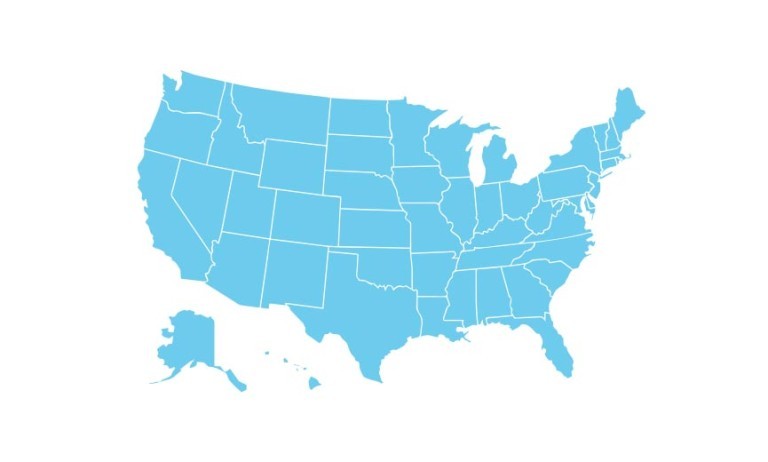Business Resources to Help You and Your Employees

No Tax on Overtime and Tips: The New IRS Rules
Business owners and payroll managers seeking insights on how handle tip pooling and double-overtime pay to ensure accurate W-2s, as well as address employee questions on qualified compensation under the tax-free provisions in the 2025 Tax law, this on-demand webinar can help.
Shutdown Looms Feb. 14
The continuing resolution funding Homeland Security ends at 11:59 p.m. Feb. 13. Failure by Congress to agree upon a long-term solution will trigger a partial shutdown that will impact the DHS and related agencies such as FEMA and TSA. Travel and federal disaster relief could be delayed because of furloughs. Plan accordingly to offset any potential challenges, including a checklist and <a href="https://www.paychex.com/articles/human-resources/business-natural-disaster-preparation">business continuity plan</a>.
All Resources
Business Podcasts
Paychex Thrive, a Business Podcast
Navigate the dynamics of today's business climate.

Paychex Pulse, an HR Podcast
The issues facing today's human resource leaders and managers.










